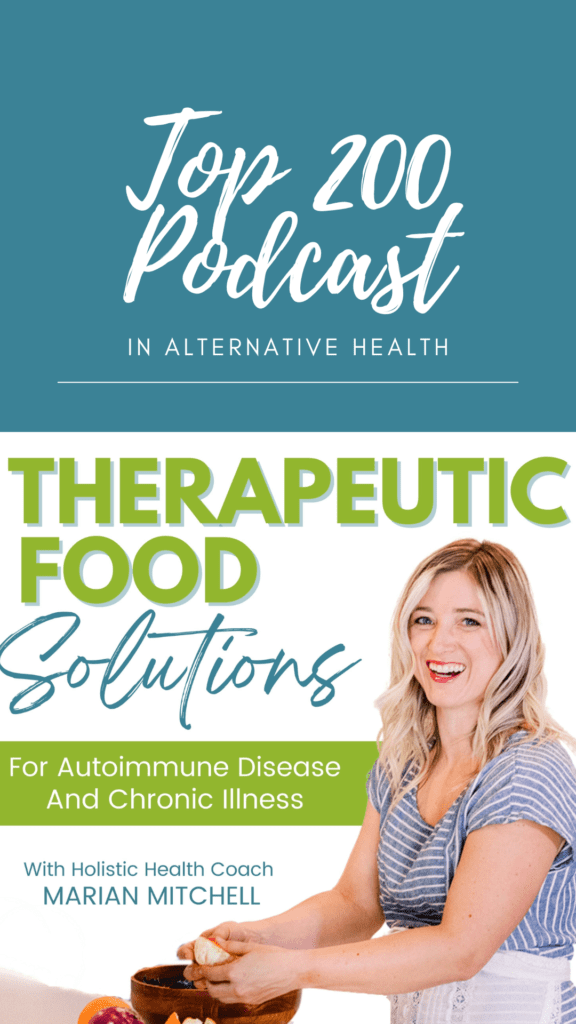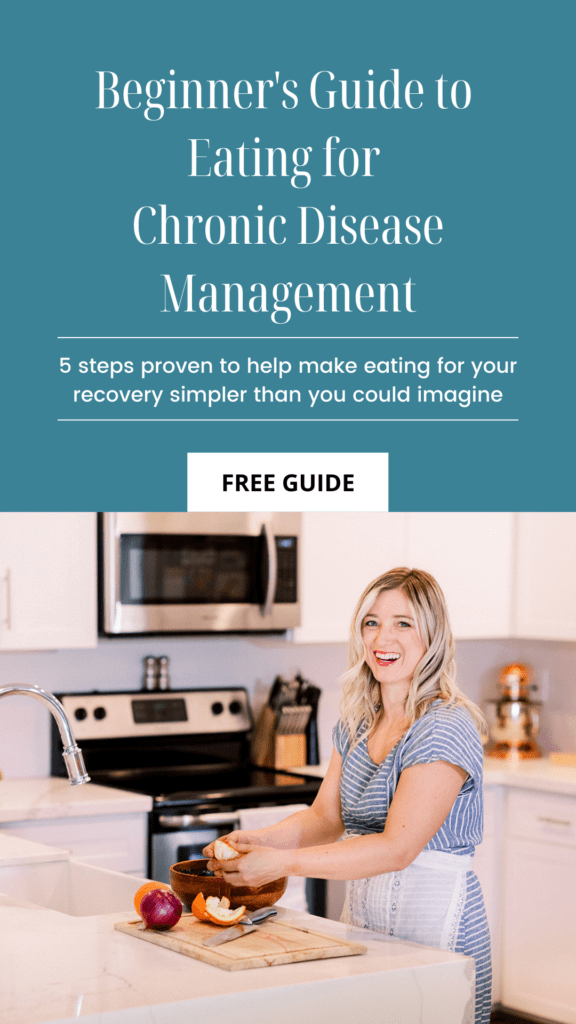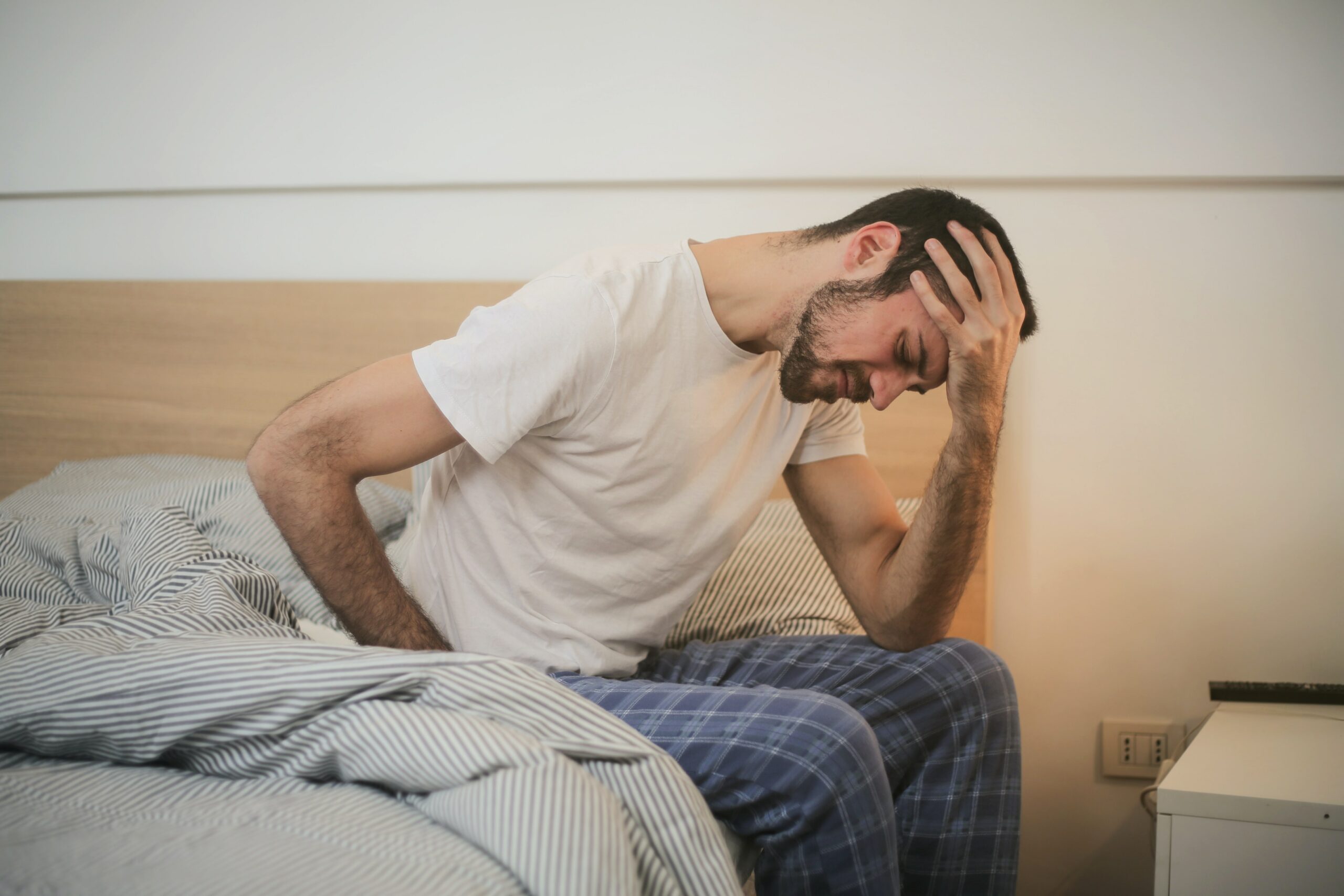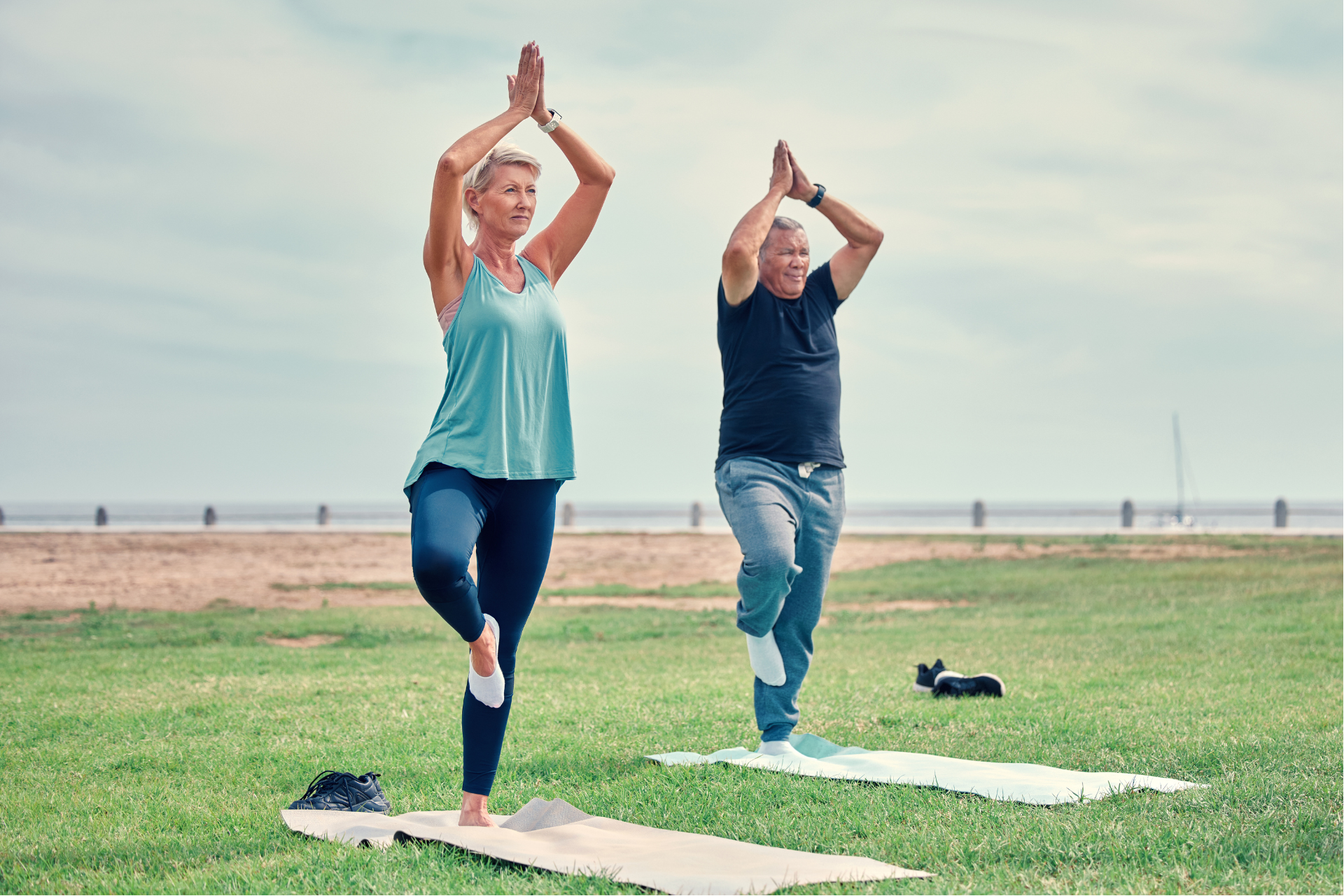It can problematic being on a diet aimed at weight loss. Because of the reduction in calories, in general, you might feel a lack of energy. It is a normal reaction, mainly because of the changes to what you’re used and doesn’t mean that you necessarily need to eat more. There are ways you can control this, however, which are natural and good for you.
Your eating habits
You can start by changing your eating habits in order to maximize the boost you get from your food. It’s recommended to eat little snacks every so often instead of three main meals a day. This gives you more of a steady supply of energy. Depending on your diet, try food groups such as fruits, vegetables, oats, grains, pasta, rice, beans, and pulses. Always have breakfast because your body has been slaving away during the night digesting and processing the previous day. Be sure your diet contains some protein, eggs or yogurt are healthier options for example. A tip for saving time but still getting in all those nutrients is making soups and smoothies. For some amazing smoothie ideas, click here.
Vitamins
Unfortunately, one side effect of many diets is fatigue. Some diets trending at the moment like the ketogenic diet, for example, might be effective for weight loss but the effects of the ketogenic diet can include tiredness. Some vitamins can help to boost the energy you’ve lost when you are on certain diets such as omega 3, vitamin C and prebiotic fiber. The easiest and most efficient way is to choose a supplement routine to increase your intake of these nutrients, or instead try to add them to your diet. Eat oily fish and seafood for a source of omega 3. For vitamin C try to include fruits such as kiwis, mangoes, and melons. Prebiotic fiber can be found in green vegetables, garlic and onions, to name a few.
Exercise
Try to walk more, rather than drive, as a start. This is a more sustainable option and a bit of fresh air will also help to wake you up. Try to get in a minimum of 30mins of cardio a day, five days a week. This can include running, brisk walking, cycling and even dancing. If you prefer you could join an aerobics class at your local fitness center. Another growing trend for people with fast-paced lifestyles who struggle to find the time to get to the gym is to set one up at home. You could invest in a smart machine, such as an exercise bike or treadmill. The newer models are electronic so will still display your progress on a screen but without eating away at your electricity bill. Smart machines are a good option for those with a hectic lifestyle.
Rest
Where coffee is a great accompaniment to diets as it does increase your metabolism, it’s still vital to get the sleep you need! Try to sleep eight hours a night and take short naps if you need to.








